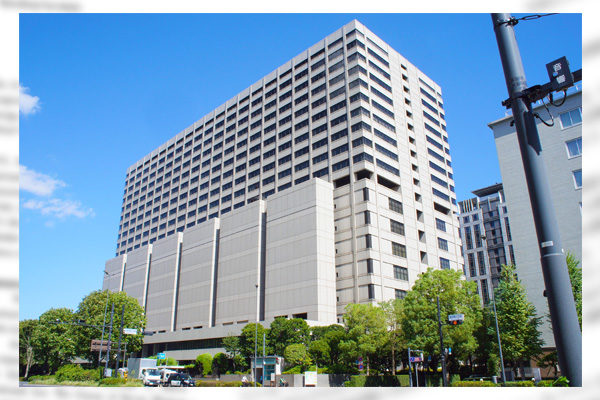On March 25, the Tokyo District Court ordered the Family Federation for World Peace and Unification, formerly known as the Unification Church, to dissolve as a religious corporation. The Church will file an immediate appeal against the order, leaving the matter pending until a final court decision. However, I believe that the latest court decision has severely restricted religious freedom in Japan. I do not agree with the doctrine of the Unification Church at all. However, I cannot help but be horrified by the fact that the district court accepted the dissolution request by the government that suddenly changed the requirement for the dissolution of a religious corporation and retroactively applied the revised requirement to the Church, which has been recognized as a religious corporation and engaged in religious activities in Japan for decades.
Retroactive application of a law interpretation change
The Religious Corporation Act authorizes a court to order the dissolution of a religious corporation that has “conducted an illegal act that is clearly recognized as significantly harming public welfare.” In the past, the Japanese government had interpreted the illegal act as a Criminal Code violation. After a horrific terrorist attack against former Prime Minister Shinzo Abe, however, then Prime Minister Fumio Kishida overturned the interpretation overnight and interpreted the illegal act includes a Civil Code violation, under the pressure of media campaigns against the Unification Church that erupted in a manner to effectively sympathize with the terrorist who shot Abe to death. Applying the new interpretation retroactively, the education ministry filed the request for the dissolution of the Church with the Tokyo District Court.
The district court adopted not only civil suit cases lost by the Church but also out-of-court settlement cases in which the Church returned donations as “illegal act” cases that are “clearly recognized as significantly harming public welfare.” According to the Church, the out-of-court settlement cases included those in which persons recognized donations as voluntary but requested their return due to changes in family or economic conditions. I strongly question why such cases are characterized as illegal.
Forced apostasy through confinement
Furthermore, a whopping 88% of former Unification Church believers who filed civil suits against the Church were forced to apostatize through abduction and confinement, Church lawyers said. Although the Church submitted final court decisions that described abduction and confinement as illegal, the government insisted those who apostatized in these cases were not abducted and confined but put under surveillance. Without mentioning these facts, the Tokyo District Court issued the dissolution order.
A typical case in which abduction and confinement were recognized by a final court decision is the case of Toru Goto, who was confined to a locked apartment for 12 years and five months. Among the defendants who were ordered to pay compensation for the abduction and confinement of Goto was a Protestant Christian pastor. Internationally, it is common wisdom to refrain from using testimony of forced apostates as evidence for dissolving a religious corporation.
I am a Protestant believer and do not agree with the doctrine of the Unification Church. However, I strongly insist that Church believers’ religious freedom should be protected at all costs.
Tsutomu Nishioka is a senior fellow and a Planning Committee member at the Japan Institute for National Fundamentals and a specially appointed professor at Reitaku University.


